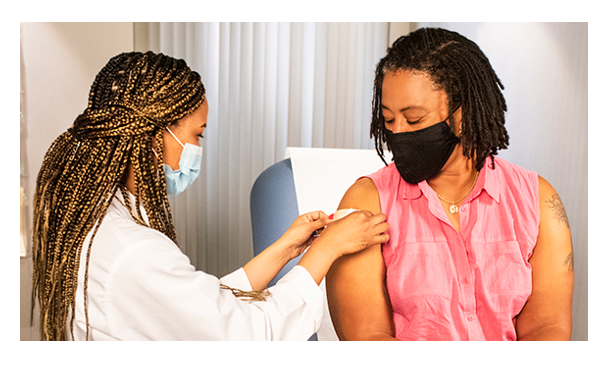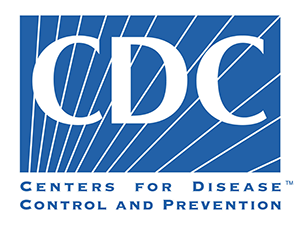What Every Clinician Should Know about COVID-19 Vaccine Safety
What Every Clinician Should Know about COVID-19 Vaccine Safety
You may participate in this COCA Call via Zoom
Overview
Monitoring vaccine safety is a vital part of the nation’s response to the COVID-19 pandemic. As COVID-19 vaccines become available, the public’s knowledge and confidence in their safety, both initially and during extended use, is an important part of a successful national vaccination effort. CDC remains committed to ensuring that public health officials, healthcare providers, and the public have accurate and timely information on the safety of COVID-19 vaccines.
During this COCA call, clinicians will learn how they can educate their patients on what to expect after COVID-19 vaccination. In addition, they will learn how they can play an important role in monitoring the safety of COVID-19 vaccines, including encouraging patients to enroll in v-safe and to use v-safe to report how they’re feeling. Clinicians also will learn how to report adverse events (possible side effects) to the Vaccine Adverse Event Reporting System (VAERS).
If you are unable to attend the live COCA Call, the recording will be available for viewing on the COCA Call webpage a few hours after the live event ends.
The slide set will be available under “Call Materials” on the COCA Call webpage.
Continuing Education (CE) will not be offered for this COCA Call.

Date: Monday, December 14, 2020
Time: 1:00 P.M. – 2:00 P.M. (ET)
A few minutes before the webinar starts, please click on the Zoom link below to join: https://www.zoomgov.com/j/
Or iPhone one-tap:
US: +16692545252,,1611264903# or +16468287666,,1611264903#
Or Telephone: Dial (for higher quality, dial a number based on your current location): US: +1 669 254 5252 or +1 646 828 7666
Webinar ID: 161 126 4903
International numbers available: https://www.zoomgov.com/u/
Advanced registration is not required.
COCA Call Objectives
- Cite background information on the topic covered during the presentation.
- Discuss CDC’s role in the topic covered during the presentation.
- Describe the topic’s implications for clinicians.
- Discuss concerns and/or issues related to preparedness for and/or response to urgent public health threats.
- Promote health improvement, wellness, and disease prevention in cooperation with patients, communities, at-risk populations, and other members of an interprofessional team of healthcare providers.
The Emergency Risk Communication Branch in the Division of Emergency Operations, Center for Preparedness and Response is responsible for the management of all COCA products.
For information about this update or other clinical issues, or to send your feedback, please contact us at coca@cdc.gov
- CDC Clinician Outreach and Communication Activity Facebook page—connect with COCA on Facebook
- Clinician Outreach and Communication Activity—resources for healthcare providers
- COCA RSS Feed—subscribe to be notified of conference calls, updates, and CDC guidance for health providers
- Crisis & Emergency Risk Communication Training—training program that draws from lessons learned during public health emergencies, and incorporates best practices from the fields of risk and crisis communication
- Health Alert Network—CDC’s primary method of sharing cleared information about urgent public health incidents with public information officers; federal, state, territorial, and local public health practitioners; clinicians; and public health laboratories
While using the HTML editor, check the cleaning options you want to perform when you press the main Clean button or execute them one by one.
